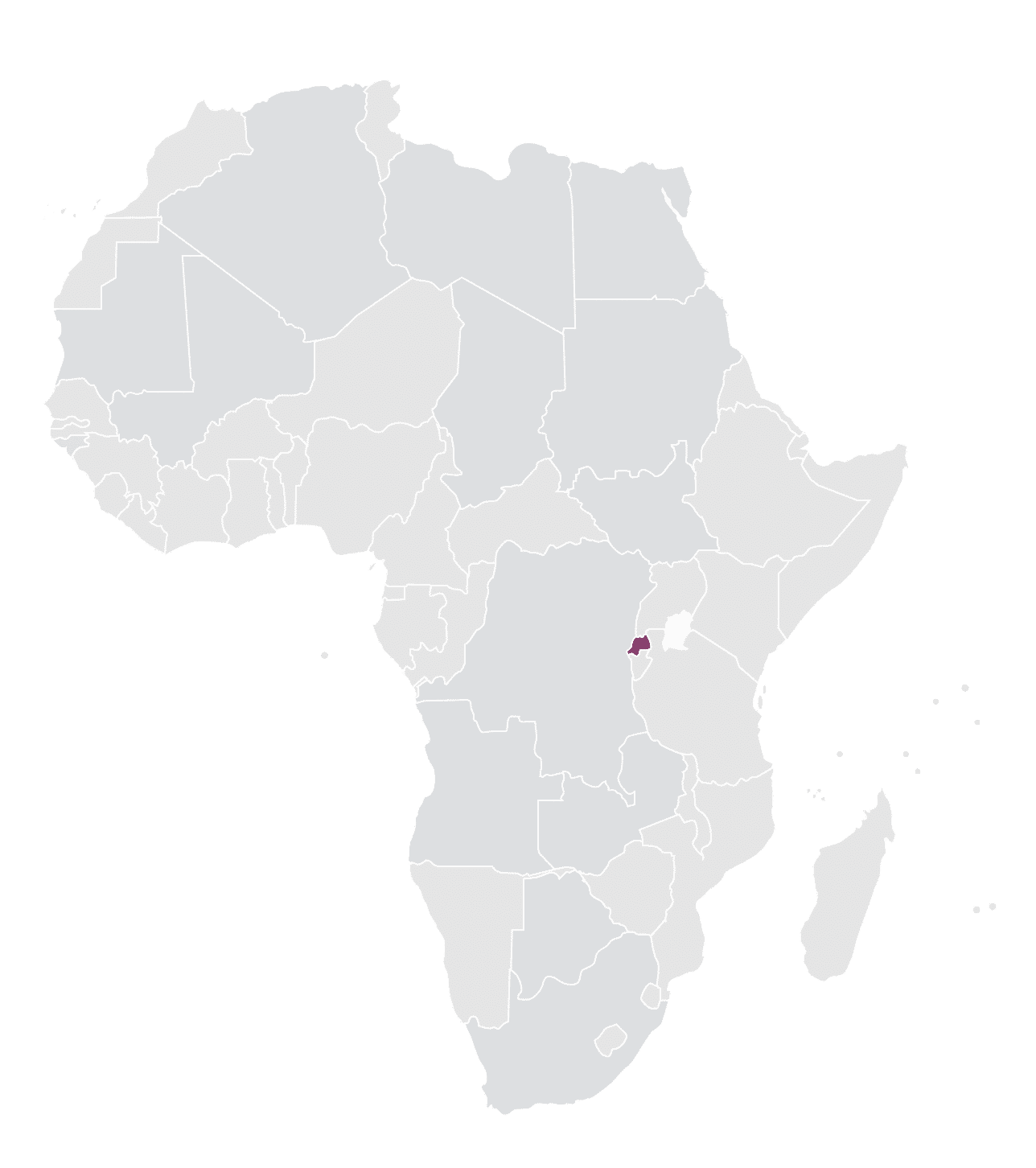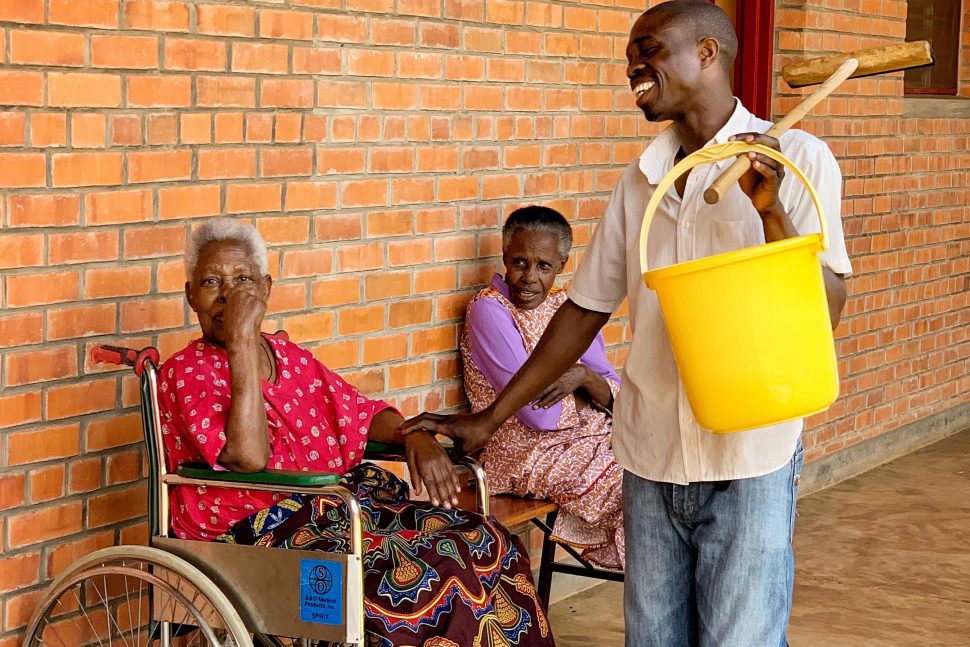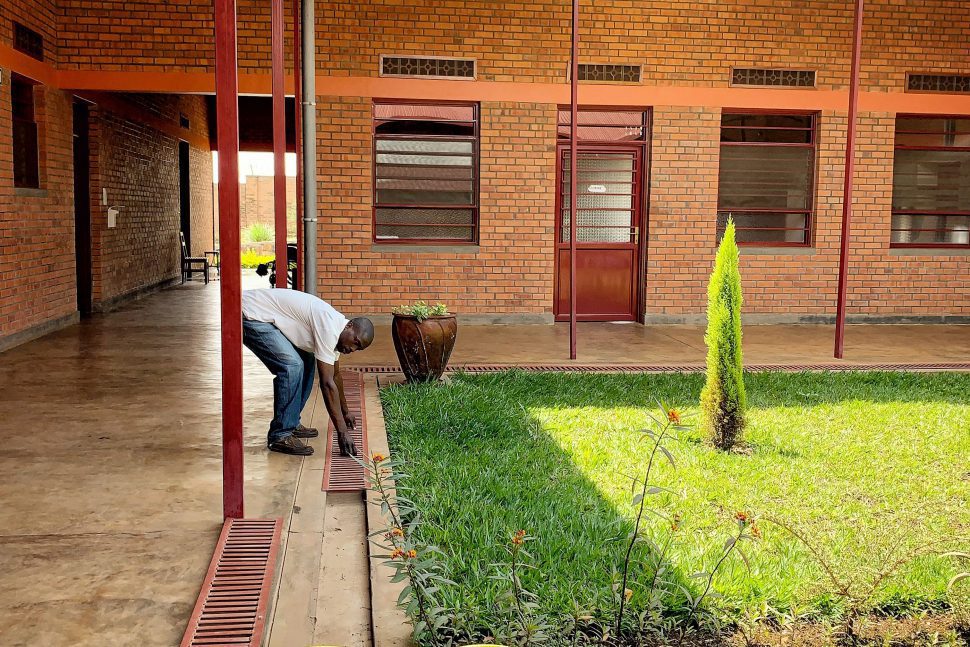Rwanda

Rwanda is one of the smallest countries on the African continent and also the most densely populated. There are about 525 inhabitants per square kilometre! Because of its natural landscape, Rwanda is known as the “land of a thousand hills”, and because of its history, also the “land of a thousand problems”.
Overview:
- around 14 million inhabitants
- in 1994, it was the scene of a genocide — in just 100 days, about 1 million people of the Tutsi ethnic group were murdered and 2 million fled the country
- an agricultural country — about 62% of the working population is employed in farming (coffee, tea, bananas)
33
27
31.01.2019
Every day he rides a motorcycle, giving people rides around Kigali. Moto-carriages are a popular and cheap means of transport here. There is a lot of work in this field, but competition can be tough. Motorcycle taxi drivers earn about 65 euros, or less than 300 PLN a month.
Why is Emmanuel a hero? Even though he could compete with others for more rides and money, he decided to devote one day of the week to volunteer at our hospice. He came by one day for a short visit but seeing how much we do for the sick and how much kindness they receive here in a time when they need it the most, he stayed and asked if he could help. He now comes back to Kabuga every week to assist with cleaning, washing floors and doing anything he can to help without expecting anything in return. He is humble and eager to help, and lives his life based on the principle that you do not need grand gestures and words if smaller ones will do. Emmanuel believes that it’s not enough to just talk the talk, you have to walk the walk. Good deeds are like taxi clients – you can’t let them wait.
We all admire Emmanuel especially since volunteering is usually not that popular in this region of the world. If you, like us, are impressed with Emmanuel and would like to get involved in helping our hospice’s patients, you can offer to cover the costs of one day at our hospice. One day of palliative care costs us 50 euro. This covers 24/7 nursing care, daily physiotherapy, three meals a day prepared according to patients’ needs, medicine, a bed in a two-person room, treatments and medical care in a facility in which we can monitor their help. If needed, we also run tests in our lab or put patients on oxygen therapy.
Today in Kabuga we look after 17 patients. Only two of those patients are getting financial support for their treatment from their families. Good Factory takes care of the rest of them. Would you like to support our patients and feel closer to them despite the distance by donating the equivalent of one or two hours of your everyday work?


